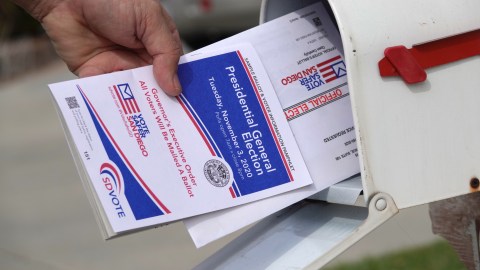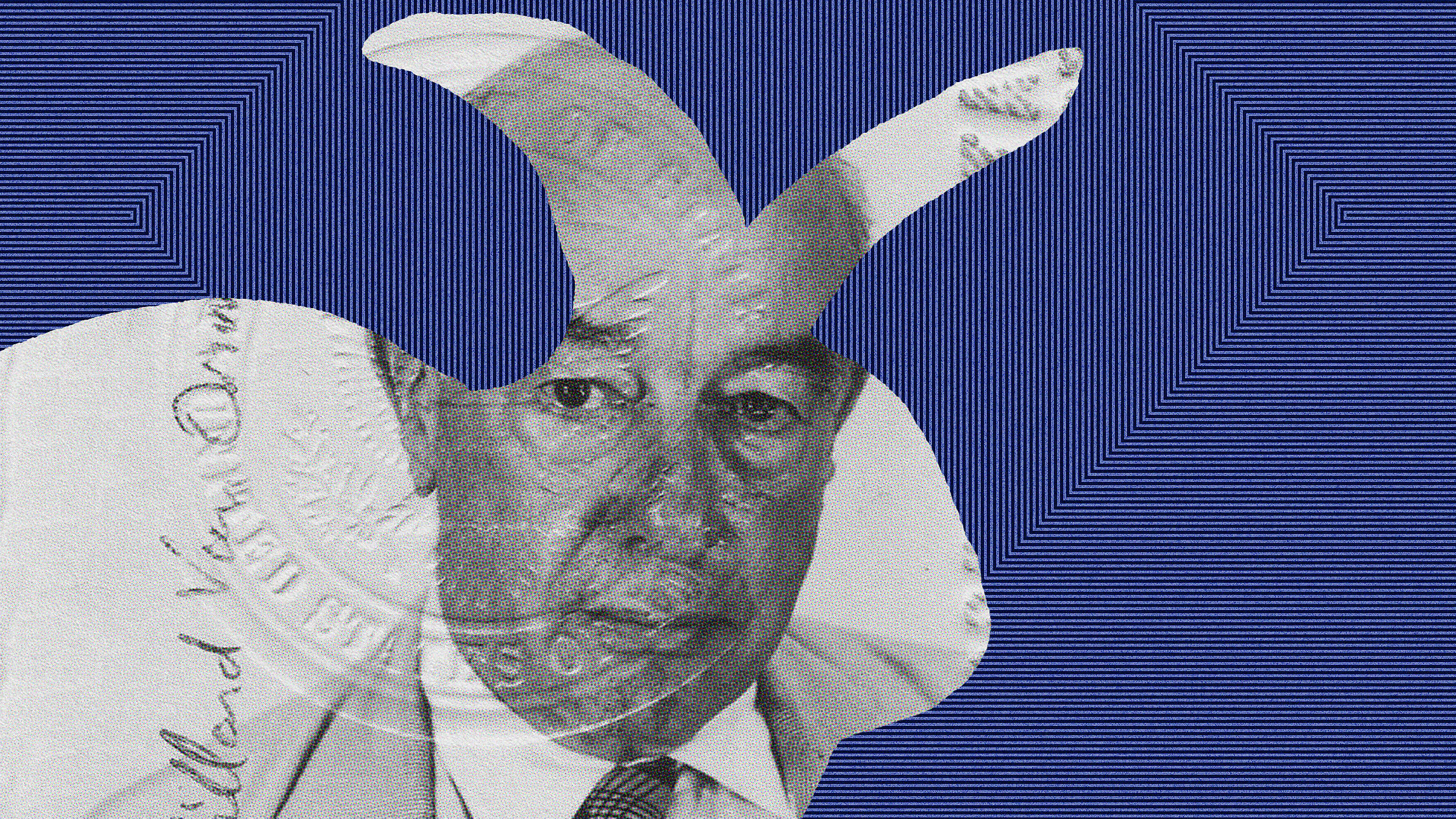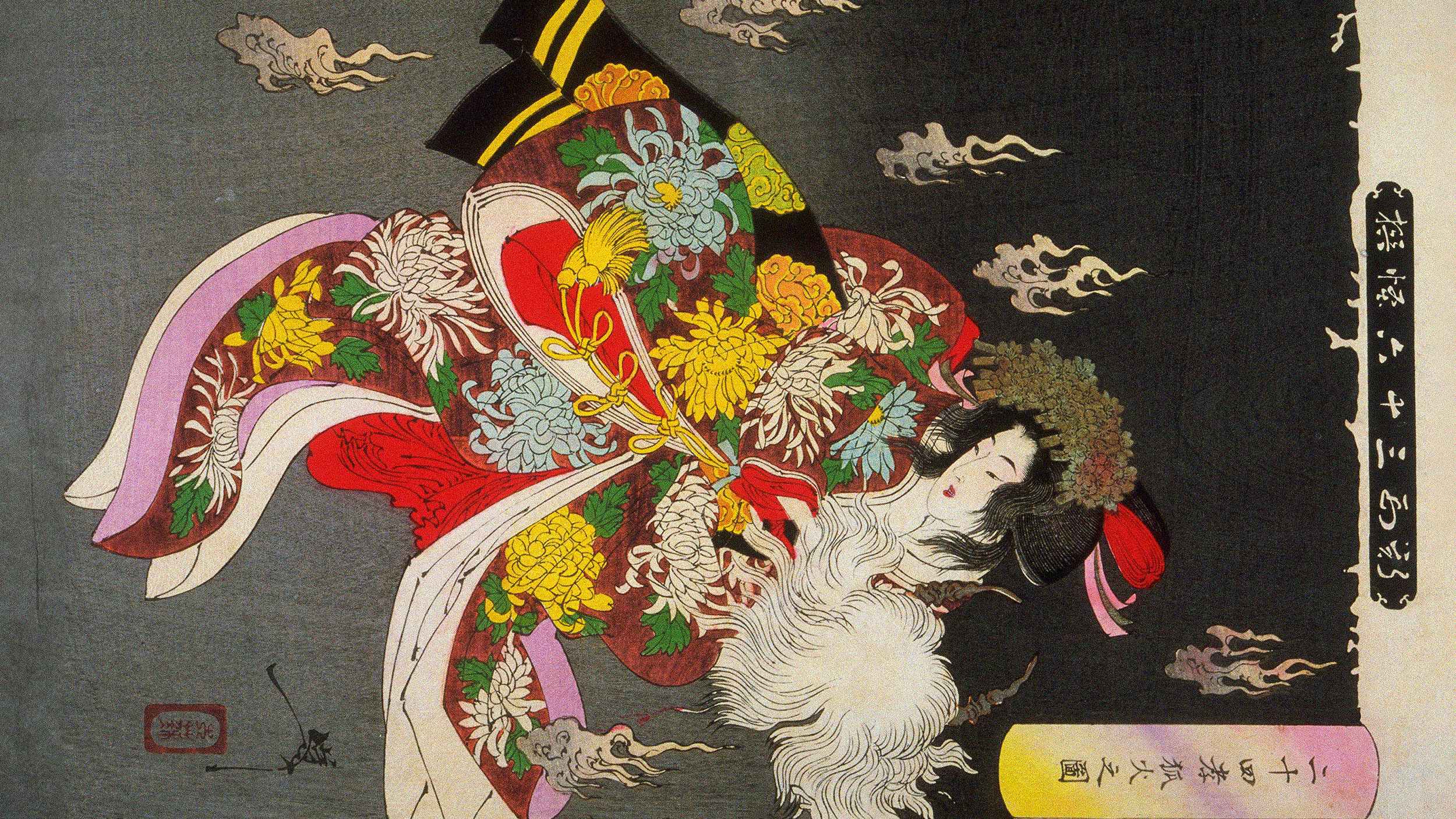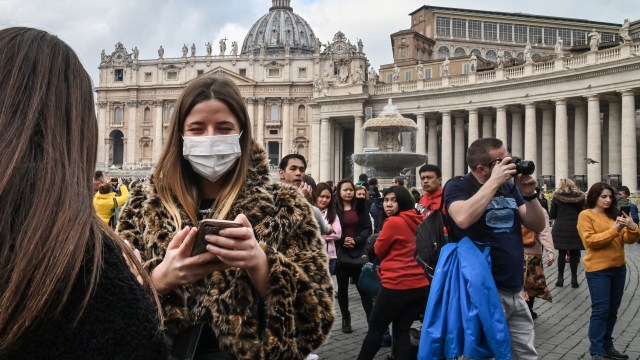10 quotes from great minds on why you should vote

Credit: Simone - stock.adobe.com
- Everybody occasionally wonders if they should bother to vote.
- To help out, we have quotes from 10 great minds explaining why voting, and participation in politics in general, is the right thing to do.
- Some of them will inspire you, some will scare you, and some are pretty funny.
Very often, going to vote seems like a dreary chore. Between the long lines, candidates you’re tired of hearing about, and endless down-ballot races you forgot to form an opinion on, it all seems like a pain. However, many great minds have taken the time to remind us of how important being involved in the democratic process is. Today, we’ll look at ten great quotes about why you should go vote.
To give the victory to the right, not bloody bullets, but peaceful ballots only, are necessary.
Abraham Lincoln
Abraham Lincoln was the 16th, and possibly greatest, president of the United States. Viewed in the Victorian era as a champion of people’s rights and democracy, he here reminds us that the ballot is one of the greatest tools ever devised for the advancement of the good.
We do not say that a man who takes no interest in politics is a man who minds his own business; we say that he has no business here at all.
Pericles
How America could become a dictatorship in 10 years
Pericles was an Athenian general known for his oratory and political skill. Here, he refers to the Athenian take on political participation. So important was the idea of being involved to the Athenians that our word “idiot” comes from the Greek term idiōtēs, meaning “private citizen”—one who wasn’t involved in the public life of politics.
Listen to Pericles; don’t be an idiot.
Every election is determined by the people who show up.
Larry Sabato
Larry Sabato is a professor and political scientist at the University of Virginia who is well known for his predictions of election outcomes and his work to increase civic participation.
Here, he reminds us of who has the power in a democracy: The people who actually go vote. If you don’t participate, you don’t have any power. It really is as simple as that.
If liberty and equality, as is thought by some, are chiefly to be found in democracy, they will be best attained when all persons alike share in the government to the utmost.
Aristotle
Aristotle was a Greek philosopher who studied under Plato and wrote on a multitude of topics. He wrote extensively on political philosophy and made a point of categorizing the different forms of governance which were known to the Greek world.
While he wasn’t in favor of unrestricted democratic governance—he favored mixed government that had a firm constitutional basis—he did argue that democracy had its benefits and that some forms of it worked better than others. Here, he notes that a democracy where everybody is involved, either through voting or serving as a magistrate, allows the claims of those who favor democracy to be fully realized.
One of the penalties for refusing to participate in politics is that you end up being governed by your inferiors.
Plato
The biggest threat to America? Americans.
Plato was a Greek philosopher known for his writings on pretty much every topic. He was a follower of Socrates, and it is through Plato’s books that we remember him.
Here, he states what every person who can’t imagine why anybody would ever vote for “that idiot” has always known to be true.
The only way to practice democracy, is to practice democracy.
Hu Shih
Hu Shih was a Chinese philosopher who worked in a variety of fields. His political work was heavily inspired by his college professor John Dewey. Like Dewey, he argued in favor of a pragmatic approach to social progress made possible by a democratic government and gradualist policies.
He also equated democracy with other ideas such as tolerance, minority rights, and placing value on the individual. These notions would also be advanced by a person who is “practicing” democracy.
Here, he gives a tautology that needs to be said. A democracy is only real when people go out and take part in it. Voting is the most basic element of this. Think of it: If you don’t vote, then how is your life any different than if you lived in a dictatorship?
Bad officials are elected by good citizens who do not vote.
George Jean Nathan
George Nathan was an American editor and critic who often worked with the better remembered H.L Mencken.
Here, he reminds us that every lousy politician was voted into office by somebody. If you fancy yourself a good person and would like competent officials, it stands to reason that you ought to vote for them so they can get into office.
Someone struggled for your right to vote. Use it.
Susan B. Anthony
What if you were paid to vote—and fined if you didn’t?
Susan B. Anthony was an American suffragette, reformer, and anti-slavery activist known for her work for women’s rights.
She worked for much of her life to win women the vote and was arrested for it when she cast her ballot. She founded or co-founded a variety of organizations to advance the cause of suffrage and worked for years to create the political capital that would one day buy the 19th amendment to the constitution.
With this quote, she begins to hint at the efforts she put into helping assure the right to vote for women in the United States and the efforts put in by others to maintain that right for everybody. It is a lot to throw away by not voting.
If American women would increase their voting turnout by 10 percent, I think we would see an end to all of the budget cuts in programs benefiting women and children.
Coretta Scott King
The wife of Dr. Martin Luther King Jr. and an activist in her own right, Coretta Scott King has an impressive list of achievements that are often overlooked in favor of her husband’s work.
She reminds us that not voting has real consequences. If people who need particular polices can be counted on not to vote, those policies will not be enacted. Conversely, if they do vote, they can get the policies they need.
Her words are needed in a day and age when increasing numbers of people are somewhat cynical about whether their vote matters.
Turn on to politics, or politics will turn on you.
Ralph Nader
An American lawyer known for his repeated runs for the presidency and consumer advocacy, Ralph Nader updates another quote by Pericles for a modern audience.
Just because you don’t have an interest in how government works, doesn’t mean it doesn’t affect you. Plenty of people have made the mistake of thinking that a new government wouldn’t try to do exactly what it said it would do and paid the price for it. The best solution for it, both in ancient Athens and the modern world, is to participate.
So, there you have it: Ten perfectly good reasons as to why you should vote. Now stop reading and do it.





